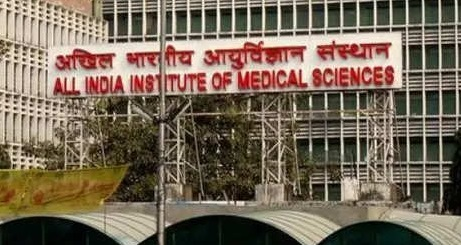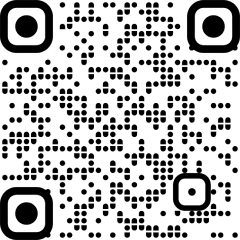
New Delhi: While evaluating the safety and efficacy of an advanced stent-retriever device, Delhi’s All India Institute of Medical Sciences successfully treated a stroke patient during the ongoing GRASSROOT (Gravity Stent-Retriever System for Reperfusion of Large Vessel Occlusion Stroke Trial) clinical trial. The patient was discharged from the hospital.
This specialised device functions as a clot retrieval mechanism, extracting obstructions from affected arteries by pulling them out, hence its classification as a retriever rather than a conventional stent.
Doctors said that GRASSROOT Trials’ long-term plan is to make the best stroke treatment device technology available in India for patients at an affordable price. The trial will continue for a year across 16 centres in India, including AIIMS, Delhi, Jawaharlal Institute of Postgraduate Medical Education and Research (JIPMER) in Pondicherry, and PGI Chandigarh.
According to doctors, the Drugs Controller General of India (DCGI) and the Central Drugs Standard Control Organisation (CDSCO) approved the trial to generate clinical data for the approval of the device in India. After analysing the data, if it is found to be safe and efficacious, it will receive permission for commercial use.
The collected data will aid in identifying the underlying factors contributing to stroke, enabling healthcare professionals to develop targeted treatment plans. Compared to Western nations, stroke occurs at a significantly younger age in India, typically affecting individuals at least a decade earlier. The medical device already received regulatory approval in South East Asia, where it was used to successfully treat over 120 patients in the past six months.
Prof Dr Deepti Vibha from the Department of Neurology emphasised the importance of developing specific solutions for different populations based on factors such as the cause of the stroke, size of the artery, age of the stroke, and type of blood clot. The stent-retriever being tested in the GRASSROOT trial has the potential to overcome these challenges, with features such as a cutting-edge design, the ability to remove all kinds of blood clots, and significantly better performance in opening blocked arteries compared to existing devices. Additionally, the device is expected to be substantially more affordable than current options, making life-saving brain stroke treatment accessible to every Indian.Dr Shailesh Gaikwad, Professor and Head of the Neuroimaging Department and Interventional Neuroradiology at the Neurosciences Centre, stated, “The new stent-retriever is a next-generation device designed specifically to tackle the unique features of stroke clots in the Indian population. The stent was designed using expert inputs from international and Indian doctors and engineers with the specific goal of fast, safe, and complete restoration of blood flow to the brain.”
The trial’s success is expected to have a significant impact on stroke care in India, where unique medical and socio-economic challenges complicate stroke treatment, he added.
The trial, which commenced on August 15 of the current year, marked a significant milestone with the successful treatment of its first patient, a 58-year-old male, on August 25. Following the procedure, the patient was discharged from the medical facility in stable condition.
Dr Deepti Vibha conveyed her firm belief that “this trial will catalyse a new era of stroke care in India and beyond.” The trial’s progress continues as the second participant, a 67-year-old male, is presently undergoing treatment, with doctors closely monitoring his response and recovery.
In India, a staggering number of individuals, both young and old, suffer from brain strokes annually. The estimated figure stands at a minimum of 17 lakh cases per year. Among these patients, approximately 3.75 lakh could potentially benefit from interventional stroke treatment, a life-saving procedure. However, the reality is far from ideal, as only a small fraction of these patients, ranging from 4,500 to 5,000, actually received mechanical thrombectomy in 2023.
AIIMS alone reports at least 600 stroke cases every year. This highlights the prevalence of stroke incidents and the need for improved access to effective treatment options.
[ad_1]
Source link



